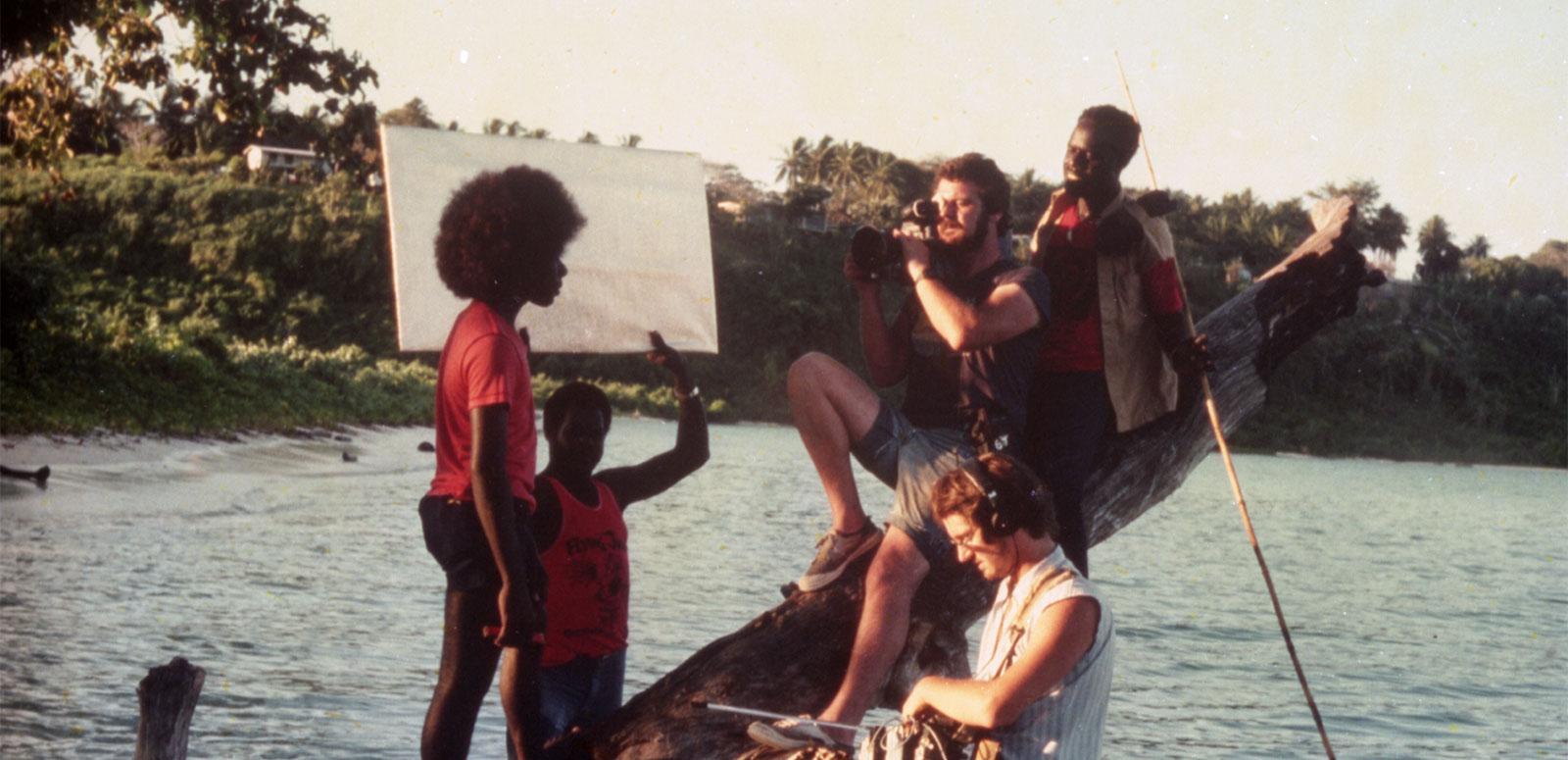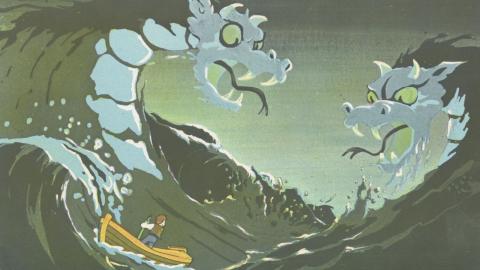

NFSA Restores
NFSA Restores Collection
NFSA Restores is an exciting program that digitises, restores and preserves Australian films so they can be seen in today’s digital cinemas.
Restored feature films include: Sons of Matthew (1949), The Cars That Ate Paris (1974), Sunday Too Far Away (1975), Storm Boy (1976), Newsfront (1978), My Brilliant Career (1979), The Odd Angry Shot (1979), Gallipoli (1981), Wrong Side of the Road (1981), Starstruck (1982), Tukana – Husat I Asua (Papua New Guinea, 1982), Bliss (1985), The Year My Voice Broke (1987), Howling III: The Marsupials (1987), Shame (1988), Celia (1989), Sweetie (1989), Flirting (1990), Black Robe (1991), Proof (1991), Strictly Ballroom (1992), Muriel's Wedding (1994), Floating Life (1996) and Radiance (1998). Proof was restored with the public’s help through a successful crowdfunding campaign.
Restored silent films include: The Sentimental Bloke (1919), The Man from Kangaroo (1919), The Empire Builders (USA, 1924), The Sword of Valor (USA, 1924), Three Days to Live (USA, 1924) and The Cheaters (1929).
Restored documentaries include: My Survival as an Aboriginal (1978), Witches and Faggots, Dykes and Poofters (1980), For Love or Money (1983), Lousy Little Sixpence (1983), Rocking the Foundations (1985), Australia Daze (1988), Eternity (1994), The Coolbaroo Club (1996) and Mabo: Life of an Island Man (1997).
All of the new restorations have screened at various film festivals and events.
Learn more about the NFSA Restores program and the digital restorations of Sweetie (1989); Muriel's Wedding (1994); The Cars That Ate Paris (1974); The Coolbaroo Club (1996); Strictly Ballroom (1992); Radiance (1998); Floating Life (1996); Australia Daze (1988); The Sentimental Bloke (1919); Eternity (1994); My Brilliant Career (1979); The Cheaters (1929); Witches and Faggots, Dykes and Poofters (1980); Wrong Side of the Road (1981) and three silent films by Snowy Baker (1919 to 1924).
WARNING: this collection may contain names, images or voices of deceased Aboriginal and Torres Strait Islander people.
Main image: Co-directors Chris Owen (with camera) and Albert Toro (far right) directing Tukana – Husat I Asua, 1982. NFSA title: 1823971
The National Film and Sound Archive of Australia acknowledges Australia’s Aboriginal and Torres Strait Islander peoples as the Traditional Custodians of the land on which we work and live and gives respect to their Elders both past and present.


